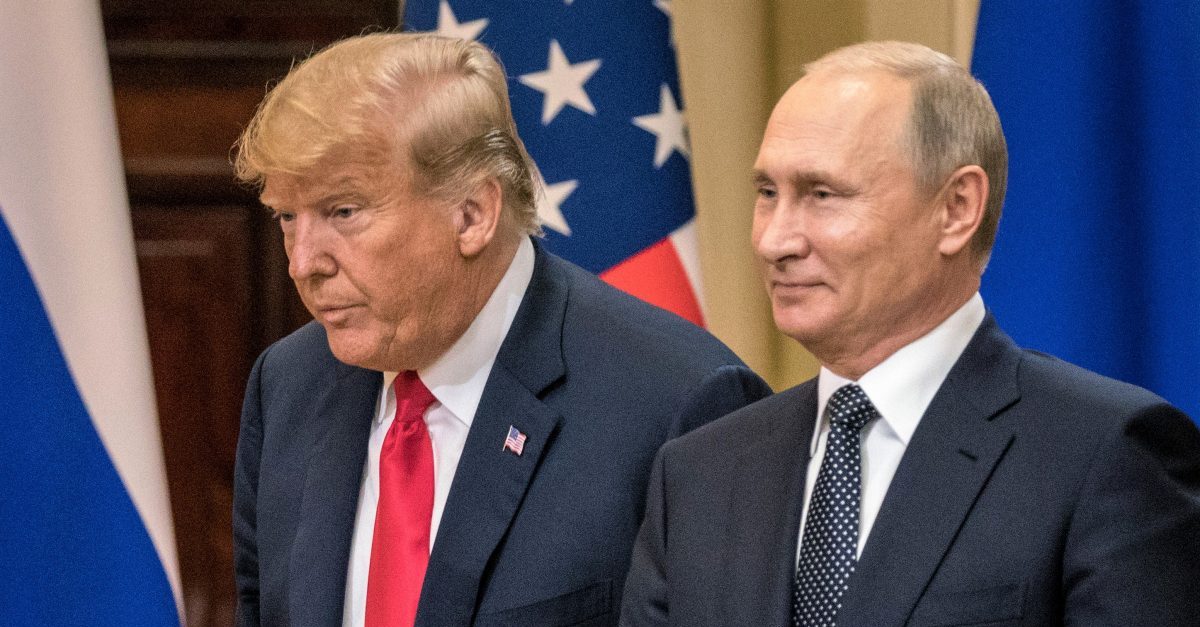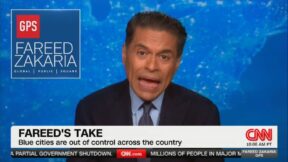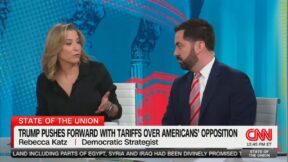Trump Risks Looking Weaker Than Putin in Alaska — And on the World Stage

President Donald Trump will be flying to Alaska this Friday for a highly choreographed “peace summit” withRussian President Vladimir Putin. The optics alone are combustible: an American president meeting a man widely regarded as a war criminal — responsible for the unprovoked invasion of Ukraine, the slaughter of civilians, and the abduction of thousands of Ukrainian children. The stated purpose is lofty: ending the war.
The unstated reality? It’s a high-risk gambit that could leave Trump humiliated, Putin emboldened, and America’s global standing diminished.
From the campaign trail to the Oval Office, Trump had promised to end the war “on day one.” That soundbite was never accompanied by a credible plan, but it resonated with a war-weary electorate.
The trouble is, the war in Ukraine is not a business dispute or a zoning variance to be negotiated over a long lunch. It’s a geopolitical trench fight with profound moral stakes. Putin wants land that isn’t his. Ukraine refuses to surrender it. This is not a case where “splitting the difference” leaves both sides satisfied — it’s a case where compromise means one side gets to keep stolen territory.
Ukrainian President Volodymyr Zelensky has made that point bluntly. He’s not coming to Alaska. He’s not interested in a deal that trades away Ukrainian sovereignty for the illusion of peace. Trump has shifted from openly praising Putin’s negotiating position, insisting “he has the cards,” to openly criticizing the Russian president.
Meanwhile, Trump has gone from chastising his Ukrainian counterpart — most memorably in a surreal Oval Office press event where he alternated between complaining about Ukrainian “ingratitude” and condemning Putin’s brutality — to supporting Ukraine’s defense with new arms.
This rhetorical whiplash is a sign not of strategic flexibility, but of a leader struggling to reconcile incompatible promises.
Trump’s problem is simple: anything short of a Russian retreat will be seen as a broken pledge. That creates a dangerous dynamic heading into Friday. If Putin offers symbolic concessions — a token troop pullback here, a prisoner release there — Trump will face enormous pressure to spin that as “peace” and declare victory. But such an outcome would be appeasement, plain and simple. And appeasement with a man like Putin rarely buys peace; it buys time for the next attack.
The stakes go beyond Ukraine. America’s allies in NATO are watching closely to see whether Washington will stand firm against naked aggression. So are America’s adversaries, from Beijing to Tehran, who will draw their own conclusions about U.S. resolve. A photo op handshake that leaves Ukraine compromised and Putin smiling will be read as weakness — not just Trump’s weakness, but America’s.
Trump has long prided himself on being a master negotiator. In business, that reputation was built on his ability to control the terms of engagement, to walk away if an artful deal soured. But here, he’s boxed himself in. Walking away from Alaska empty-handed will be politically damaging; walking away with a bad deal will be worse. He is negotiating with someone who has shown no hesitation to bomb civilians, weaponize famine, and dismantle international law. If Trump thinks he can charm Putin into surrendering strategic gains, he’s likely mistaken.
There’s a grim historical echo here. Leaders have met with aggressors before, hoping to avert greater conflict. The lesson, learned painfully in the 20th century, is that feeding a wolf a slice of your lunch doesn’t make him less hungry. It just teaches him you’re willing to share.
For Trump, the danger is not only that he could emerge from this summit having conceded too much. It’s that the entire exercise reinforces Putin’s stature, allowing him to stand on the same stage as the President of the United States while Ukrainian civilians are still dying under Russian missiles. That’s a propaganda coup no Kremlin spin doctor could dream up — except that Trump is handing it to them.
The war in Ukraine will end when Russia leaves. Anything else is a pause button, not a peace deal. If Trump’s “deal-making” amounts to repackaging Putin’s terms as a diplomatic triumph, it won’t just be a betrayal of Ukraine. It will mark a turning point in U.S. foreign policy — one where America starts looking weaker than the autocrats it once vowed to oppose.
This is an opinion piece. The views expressed in this article are those of just the author.
New: The Mediaite One-Sheet "Newsletter of Newsletters"
Your daily summary and analysis of what the many, many media newsletters are saying and reporting. Subscribe now!






Comments
↓ Scroll down for comments ↓